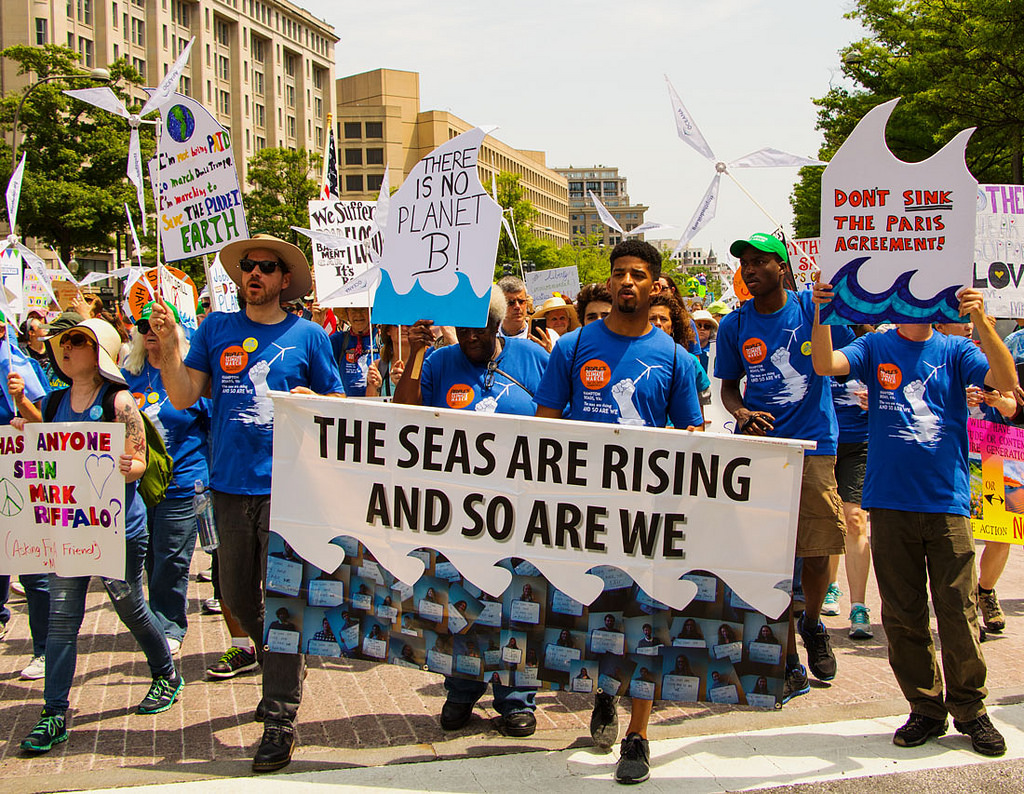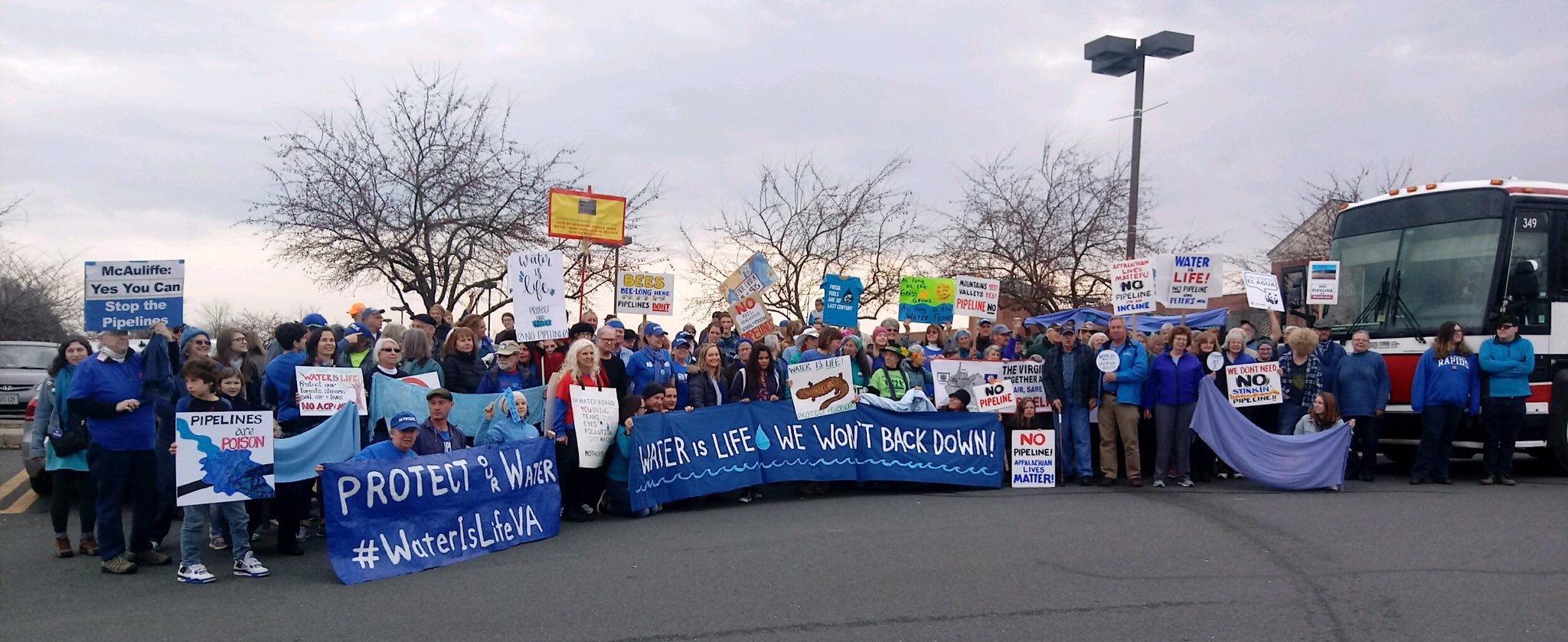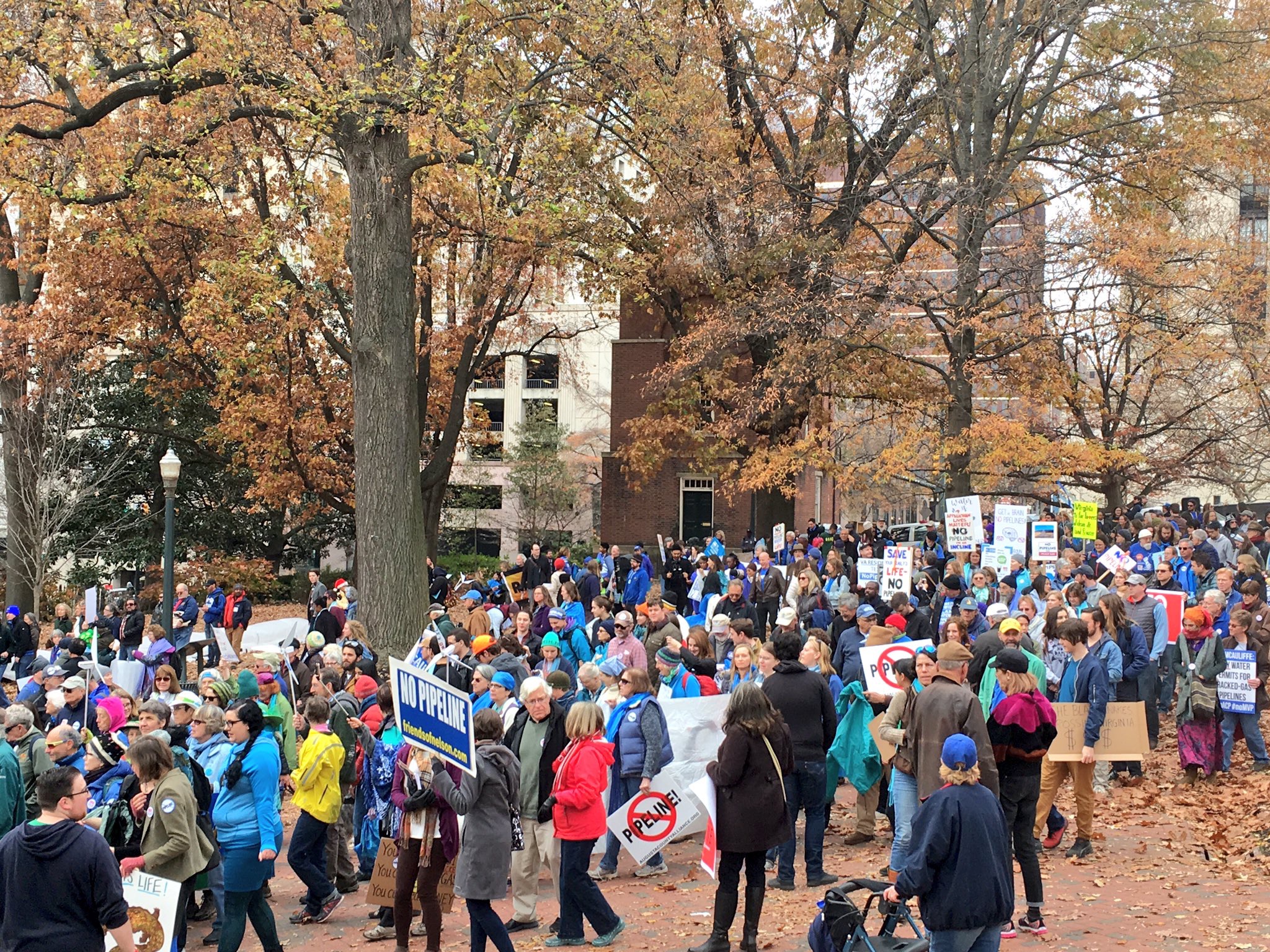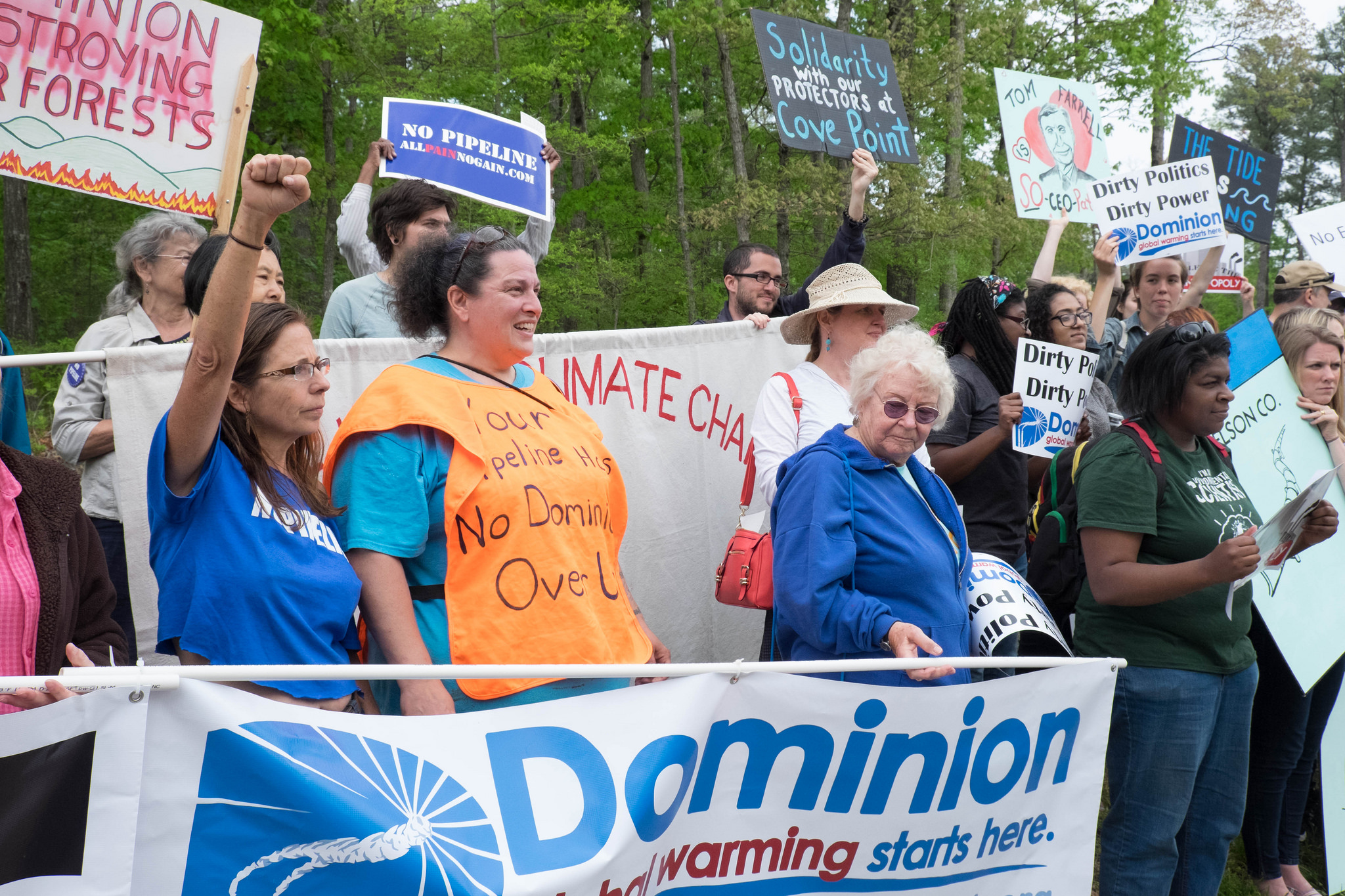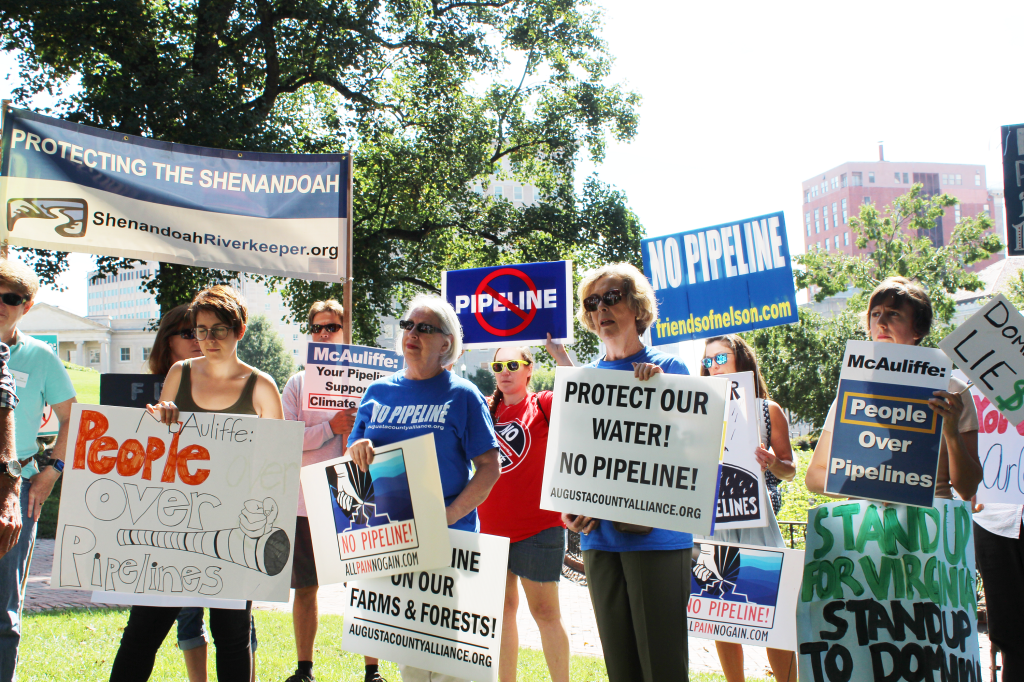CHARLESTON, WV — Today, the West Virginia Department of Environmental Protection (DEP) waived its opportunity to review the water quality impacts of the fracked gas Mountain Valley Pipeline. Under section 401 of the Clean Water Act, states must certify that proposed pipelines will not violate state water quality standards before construction can begin. DEP has the responsibility to determine whether or not to issue that certification for West Virginia, but announced today they are abdicating that responsibility.
DEP previously certified the MVP, but in response to a lawsuit brought by Appalachian Mountain Advocates on behalf of a coalition of environmental groups, a federal court set aside that certification and allowed DEP to start over. That coalition is now exploring legal strategies in response to today’s news.
In response, Sierra Club West Virginia Chapter Gas Committee Chair Justin Raines issued this statement:
“Instead of protecting West Virginia’s water, DEP has sold us down the river. They had one job to do and they failed to do it, leaving our water in the hands of the federal government and out-of-state corporate polluters who are more interested in making money than protecting West Virginians. If we can’t trust our own state to protect our water, health and tourism, who can we trust to do it? Governor Justice and his DEP have let us all down by abandoning the responsibilities we trusted them with.”
Derek Teaney, Senior Attorney at Appalachian Mountain Advocates, issued this statement:
“This is an outrageous and unprecedented dereliction of duty by DEP. After assuring a federal court that it was committed to reconsidering whether the MVP would degrade the hundreds of streams that it would impact, DEP has thrown up its hands and admitted that it is not up to the task of protecting West Virginia’s environment. This action suggests that DEP does not believe in the laws–including the antidegradation policy–that it is charged with enforcing. It also makes you wonder whether DEP intends to give the Atlantic Coast Pipeline–the other ill-conceived pipeline project it is currently reviewing–the same free pass it has just given to MVP.”
Judy Azulay, Indian Creek Watershed Association President, issued this statement:
“It’s incomprehensible that DEP is not using the authority granted to it by the West Virginia legislature to protect our water. Instead of issuing enforceable conditions for the 401 permit, DEP allows MVP to pen its own free pass to pollute. Instead of overseeing this unprecedented construction project, DEP turns a blind eye to the evidence documented in annotated maps and reports submitted by Indian Creek and other organizations and West Virginians identifying specific areas where the MVP would cause unacceptable degradation of our water. How can our Governor and his appointees allow DEP to abandon its mission and turn its back on the people and our natural resources?”
Angie Rosser, Executive Director, West Virginia Rivers Coalition said:
“DEP is a taxpayer-supported agency whose job is to protect public health and the environment. But when it came to one of the biggest projects DEP needed to review to protect water quality, the agency quit on the citizens of the state. We often hear from our political leaders that we don’t need federal agencies to regulate, that the state can handle it. But waiving their authority to do so is no way to handle it. It appears that political favor to industry has won the day over the agency’s responsibility to do everything in its power to protect the public’s right to clean water.”
Anne Havemann, General Counsel, Chesapeake Climate Action Network said:
“Shame on WVDEP Director Austin Caperton and Governor Jim Justice. After directing agency staff to spend over a year’s worth of time, effort, and taxpayer money to look at the impacts to waterways from the massive Mountain Valley Pipeline, they’ve passed the buck to the federal government knowing full well that the pipeline won’t get the thorough review such a massive project deserves. West Virginia’s decision to waive its right to protect hundreds of streams and rivers from MVP is a complete abdication of its duty and a irreparable breach of the public’s trust.
Peter Anderson, Virginia Program Manager, Appalachian Voices said:
“The Federal Energy Regulatory Commission clearly stated in its Mountain Valley Pipeline Order that construction may not commence without a water quality certification from each state and that states may impose additional conditions to protect water quality. By waiving its opportunity to do that, the WVDEP has utterly failed to fulfill its mission to preserve, protect, and enhance the state’s watersheds for the benefit and safety of all its citizens. West Virginians deserve better, and they certainly deserve clean water every bit as much as citizens of other states.”
###

